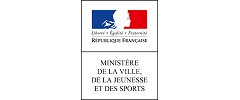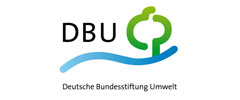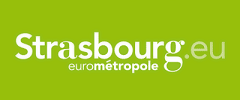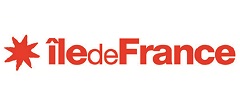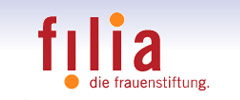The status of solid waste and excreta management in Khorga and Chaladidi, Georgia
Survey report by RCDA and WECF
03.12.2014 |

Of the surveyed families 95% uses the traditional pit latrine as a toilet, which content is buried in the garden, and only 2% is familiar with composting of organic wasted. 20% -30% of leftovers of crop production, garden and plastic waste are disposed at the riverbank. Liquid manure is directly disposed in the open area and/or infiltrated from the stable directly in the soil. About 70% of the plastic waste is burned inside in the oven or on the field.
A serious risk is the transfer of contaminants of human and animal excreta to ground water and land, flow-off of disposed waste into the river and ditches, affecting the water quality of the nearby Black Sea.
Lack of appropriate collecting plastic wastes force the inhabitants to burn their plastic waste, posing a threat to the environment and to the peoples´ health.
The survey learned that waste disposal practices employed by both communities are significantly associated with little knowledge and awareness of the respondents particularly on animal and human waste management, impacts on environment, social and economic development.
These are some findings of the survey on the status of solid waste management in two villages, carried out in cooperation with WECF by RCDA and local stakeholder, under the project Managing Wastewater through Global Partnership.
Related News
Rural Georgians look to the sun to ease energy poverty
Video (6 min): by Deutsche Welle & Maria Lesser on our project in Georgia
04.06.2018
Implementing Agenda 2030 in Georgia: Where Are We Now?
WECF organised with Georgian government and the UN a workshop on the Sustainable Development Goals in Tbilisi, 19-21 February 2018
22.02.2018 | Tbilisi, Georgia
Round table discussion Violence Against Women and Economic Development
The round table treated the topic of Violence against women and Economic Development
13.12.2017
Sustainable Development Goal # 5 Gender Assessment in Georgia
This research was conducted by the organization We Research within the auspices of the project ‘’Women 2030’’ funded by the European Union and implemented by WECF International
27.09.2017
Feasibility study of gender-sensitive energy cooperatives in Georgia, Ukraine, Armenia and Moldova
New report by WECF offers report offers an overview of the feasibility of gender-sensitive energy cooperatives in Georgia, Ukraine, Armenia and Moldova.
12.05.2017


















